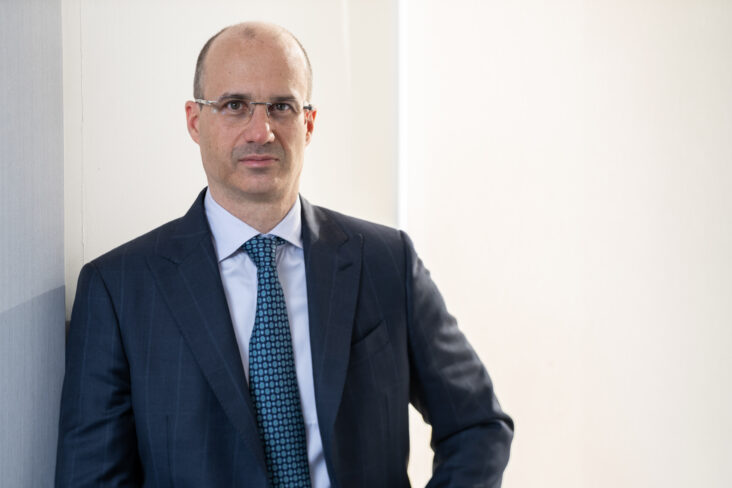UAE Consumer Focus On Sustainable Packaging Increasing, Manufacturers Urged To Support The Demand

UAE residents are increasingly conscious about product packaging and are making purchasing decisions based on how environment friendly it is. This is according to a recent survey conducted by global consulting firmAlixPartners that explores the impact of sustainable packaging on consumer purchasing decisions to encourage more manufacturers to embrace the shift.
The survey found that UAE consumers prioritize packaging recyclability (56%) and the use of recycled materials (47%) most when considering the sustainability credentials of a product’s packaging. However, the findings also revealed that 30% of those surveyed recognize the importance of new formats, such as refillable and reusable packaging, as crucial factors in assessing a product’s packaging sustainability. This highlights the growing trend of consumers valuing practicality, and being receptive to innovative solutions that promote sustainability.
The survey exhibited how the impact of sustainability features on purchasing decisions varies across different product categories. Food products are the most likely to be affected by sustainability features in packaging (74%). Beverage products followed closely behind (54%), and healthcare products were also a significant category (52%). In contrast, tech products were the least likely to be influenced (28%) by eco-friendly packaging.
“These findings demonstrate that consumers are willing to make environmentally conscious choices and are seeking sustainable packaging solutions,” said Alessandro Missaglia, Managing Director, AlixPartners. “Manufacturers are key supply chain enablers to facilitate this transition. They are increasingly recognizing that sustainability is a significant business advantage that can create new opportunities. By adopting sustainable practice, manufacturers can minimize waste, and develop products that support customers in their sustainability goals.”
In 2022, packaging production in MENA countries was heavily reliant on plastic packaging, including both flexible and rigid types. Over the past decade, there has been a significant increase in plastic packaging usage, from an average of 40-45% of total packaging value production in 2013 to 60-65% in 2022. However, this trend is expected to reverse due to the emergence of global and regional regulations aimed at promoting sustainability.
Despite the growing importance of sustainable packaging, the survey by AlixPartners also revealed that there are still barriers preventing consumers from purchasing more products with eco-friendly packaging. The top reasons cited by respondents were the perceived higher cost of products with sustainable packaging (55%)and the lack of availability of products with sustainable packaging (44%). In addition, nearly half of consumers (52%) felt that there was a lack of clearly labeled sustainable packaging, which made it difficult for them to identify eco-friendly products on the shelves.
“Transitioning to sustainable packaging design may not result in immediate cost savings for manufacturers, but leading companies that are disrupting this spaceunderst and the additional costs incurred is an investment, an essential part of the transition process. Companies should assess their cost structure when redesigning their packaging to determine how much they can invest in sustainable design without it being cost prohibitive. This is especially important as sustainable features in packaging may have broader applications across different product categories,” added Said Massaad, Director, AlixPartners.
The survey was conducted in conjunction with YouGov and polled over 1,000 UAE residents aged 18-50 years old.



